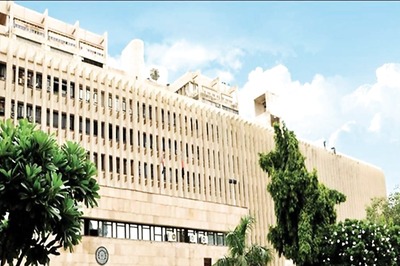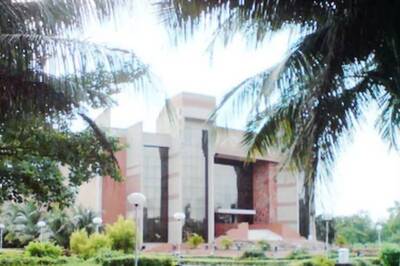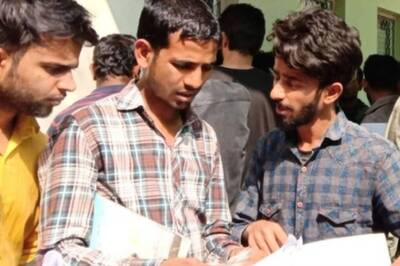
views
Closer inspection of areas in and around Panaji by health officials have revealed a number of mosquito-breeding sites, even in the more affluent sections of the state capital, reported TOI. Notably, the mosquito-borne disease, dengue, has become rampant across the state following incessant rains.
According to the report, dengue mosquitoes were found breeding in the most unlikely of places, like plastic chairs, flower pots and plates under them. They were even found in water fountains and fish tanks. Notably dengue is only one of the many monsoon diseases plaguing the country following the rains, along with malaria and chikungunya.
At least 22 cases of suspected dengue were reported in Panaji till Monday, most being from areas in Miramar and Tonca.
According to a health official, some of the housing complexes in the upscale parts of the state were also found to be filled with dengue mosquitoes, breeding in dumped waste.
Speaking about the prevalence of the mosquito-borne disease, deputy director in charge of the national vector borne disease control programme, Dr Anant Palekar told TOI that they will not be able to contain dengue without people’s cooperation.
He further added that they are receiving two to three cases of suspected dengue every day. The health official however, added that they have not come across any outbreak of the disease.
"In most cases, we found dengue mosquitoes thriving in flower plots, water fountains, water stored in bottles and containers," Palekar added.
The health official revealed that at one place in Panaji, they found Aedes aegypti mosquitoes breeding in chairs left in the garden.
According to Palekar, in all cases, health workers assigned to the area immediately destroyed the breeding source.
According to Palekar, one of the reasons for the dengue cases seen in Panaji was the week long water scarcity witnessed in the city, which led people to store water in every possible container, facilitating the breeding of Aedes aegupti, since the mosquito breeds in clean water.
Notably, the directorate of health services conducted fogging at the Cujira school complex on Monday as well as in Merces, the TOI report revealed.



















Comments
0 comment